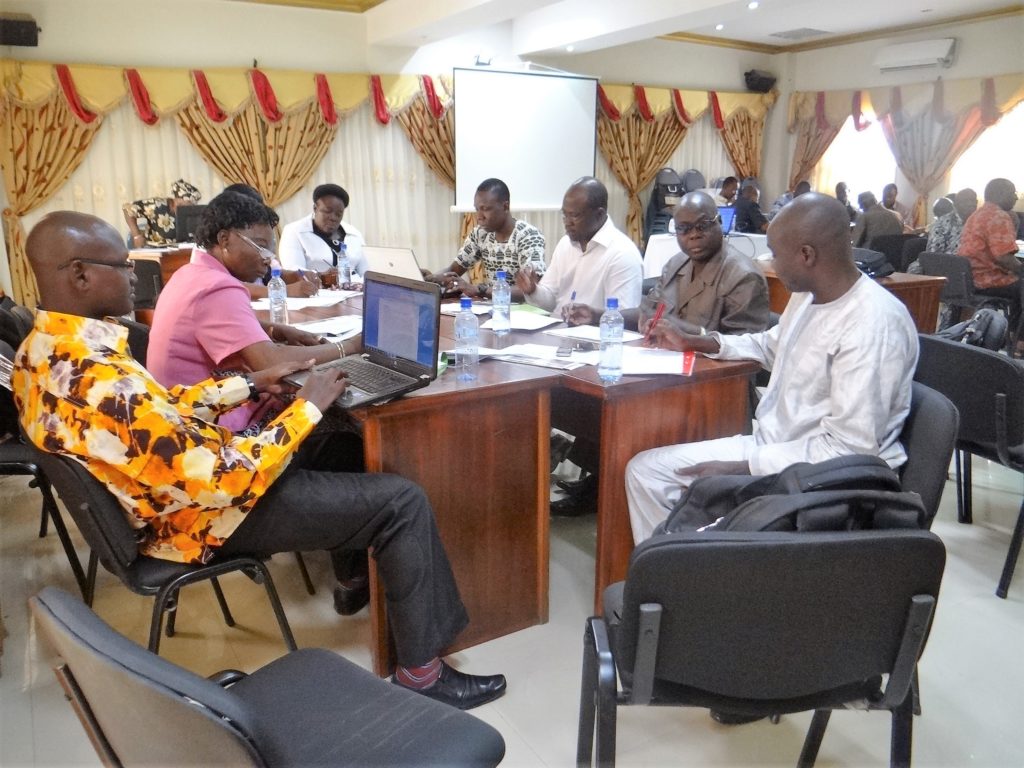Thirty people in charge of the revision of the curricula in Burkina Faso had the opportunity, from 15 to 17 September 2016, to undertake a training on climate change called “Basics and implications of climate change for Burkina Faso “. The training aimed at facilitating the integration of climate change into school curricula, curriculum review being currently underway. This action was part of the implementation of the National Learning Strategy on Climate Change, which was validated on May 19, 2016 in Ouagadougou. The event was organized by the Permanent Secretariat of the National Council for Sustainable Development (SP-CNDD), with financial support from the Burkina Faso State and UN CC:Learn and technical support of UNESCO and UNEP.
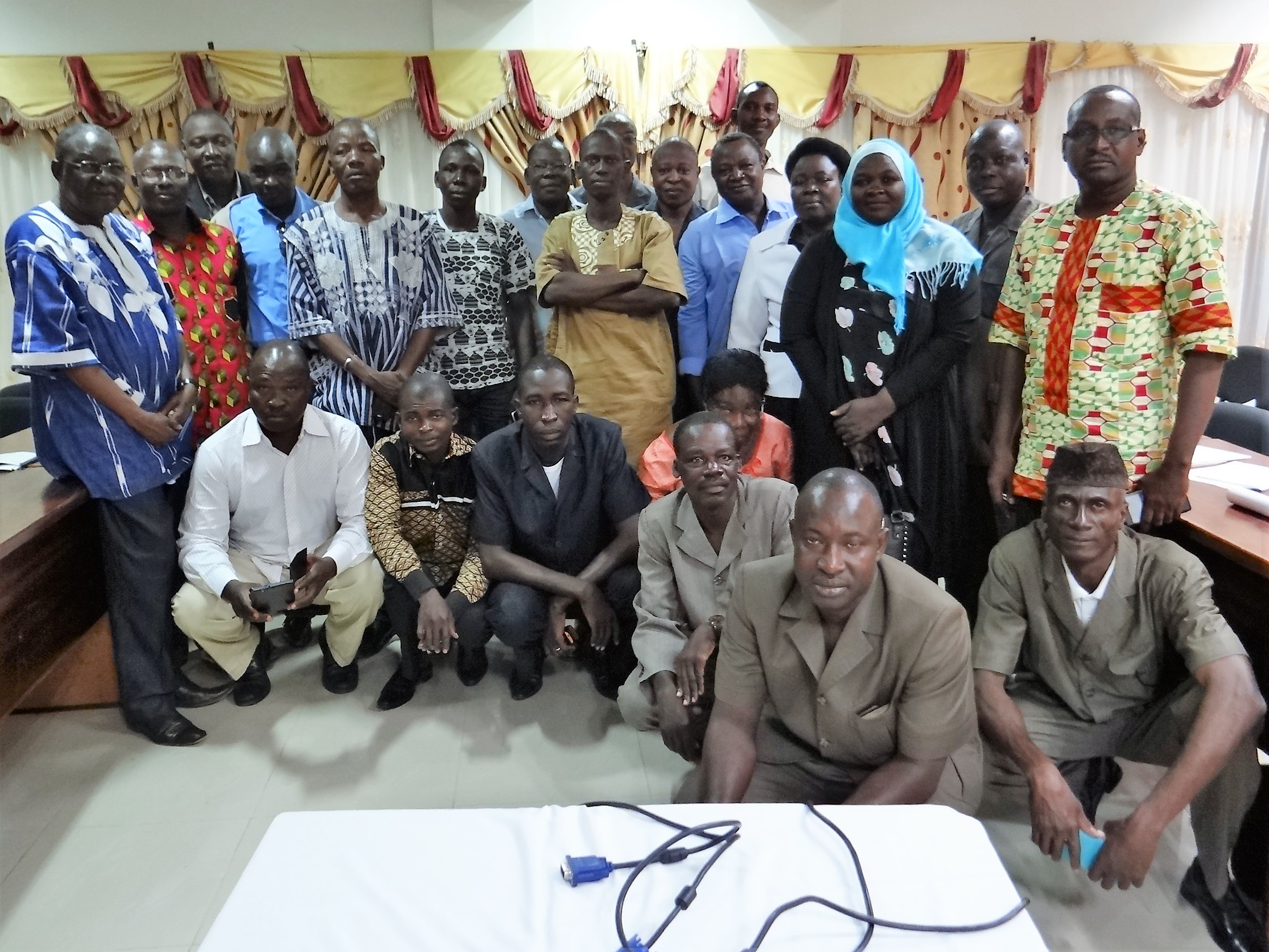
Participants in the training
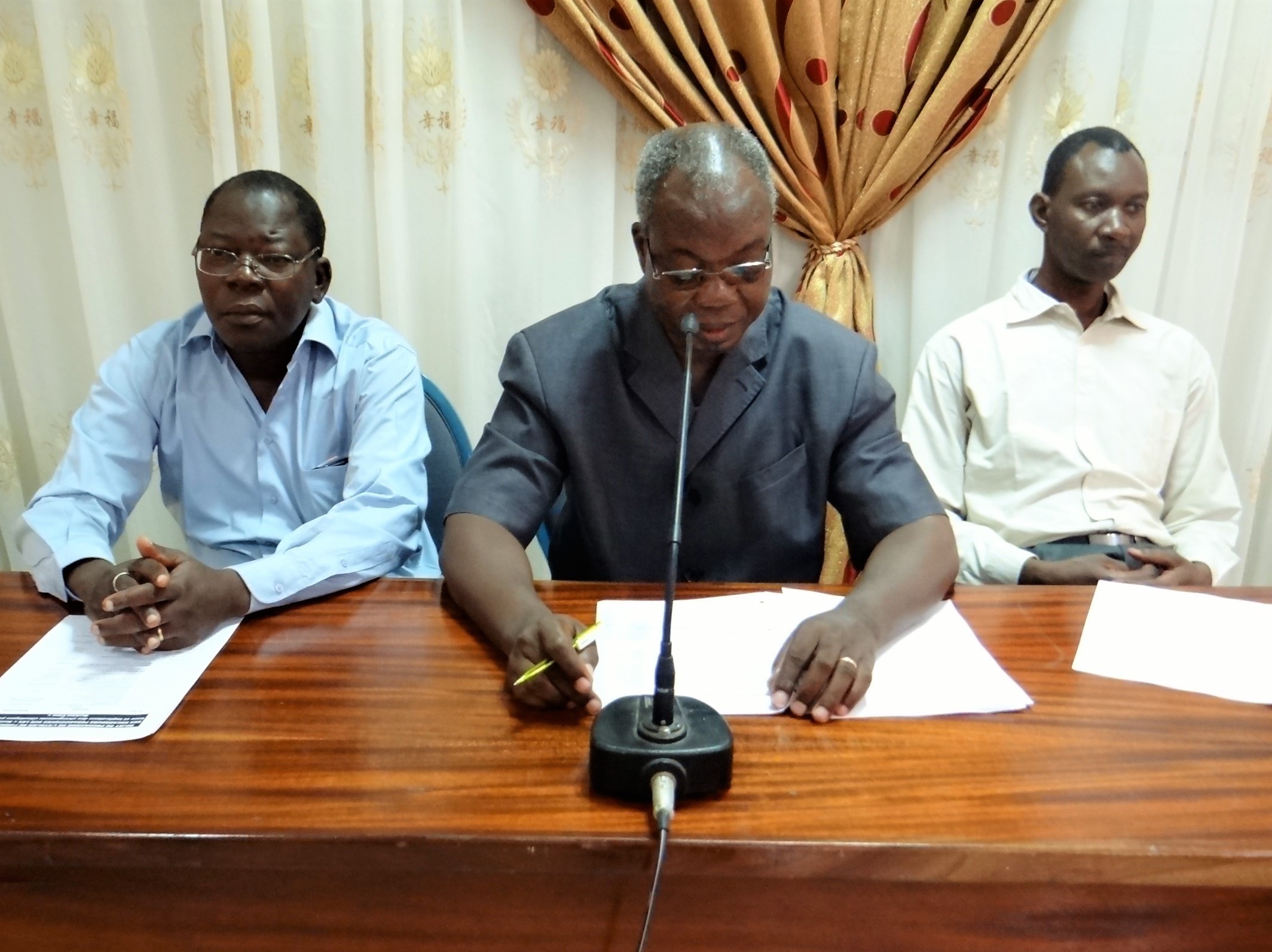
From left to right, the representatives of the Director of Environmental Education, Brahima Belem, the Permanent Secretary of the National Council for Sustainable Development, Mr. Goudouma Zigani, Coordinator UN CC:Learn Burkina Mahamoudou Tiendrebeogo
Participants were able to improve their knowledge of the basic concepts on Climate Change, the scientific process and technology related to climate change, the global consequences of climate change, the manifestations of climate change in Burkina Faso, climate governance, the National adaptation Plan to climate change in Burkina Faso, sectoral adaptation plans of Burkina Faso, expected contributions determined at national level in Burkina Faso, and the integration of climate change into curricula, including the process of taken into account environmental issues in curricula at the preschool, primary, post-primary and secondary.
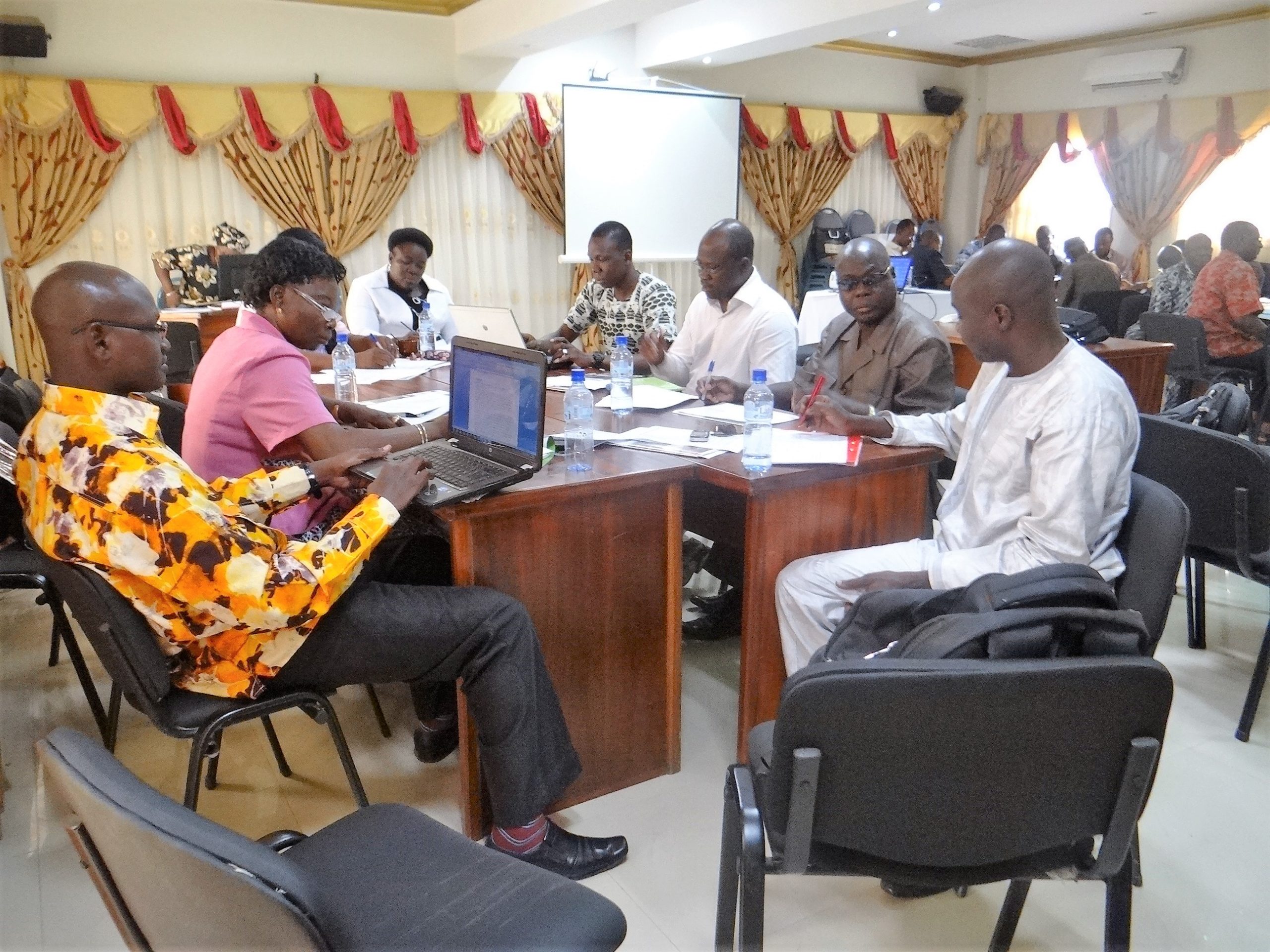
Participants during the workshop
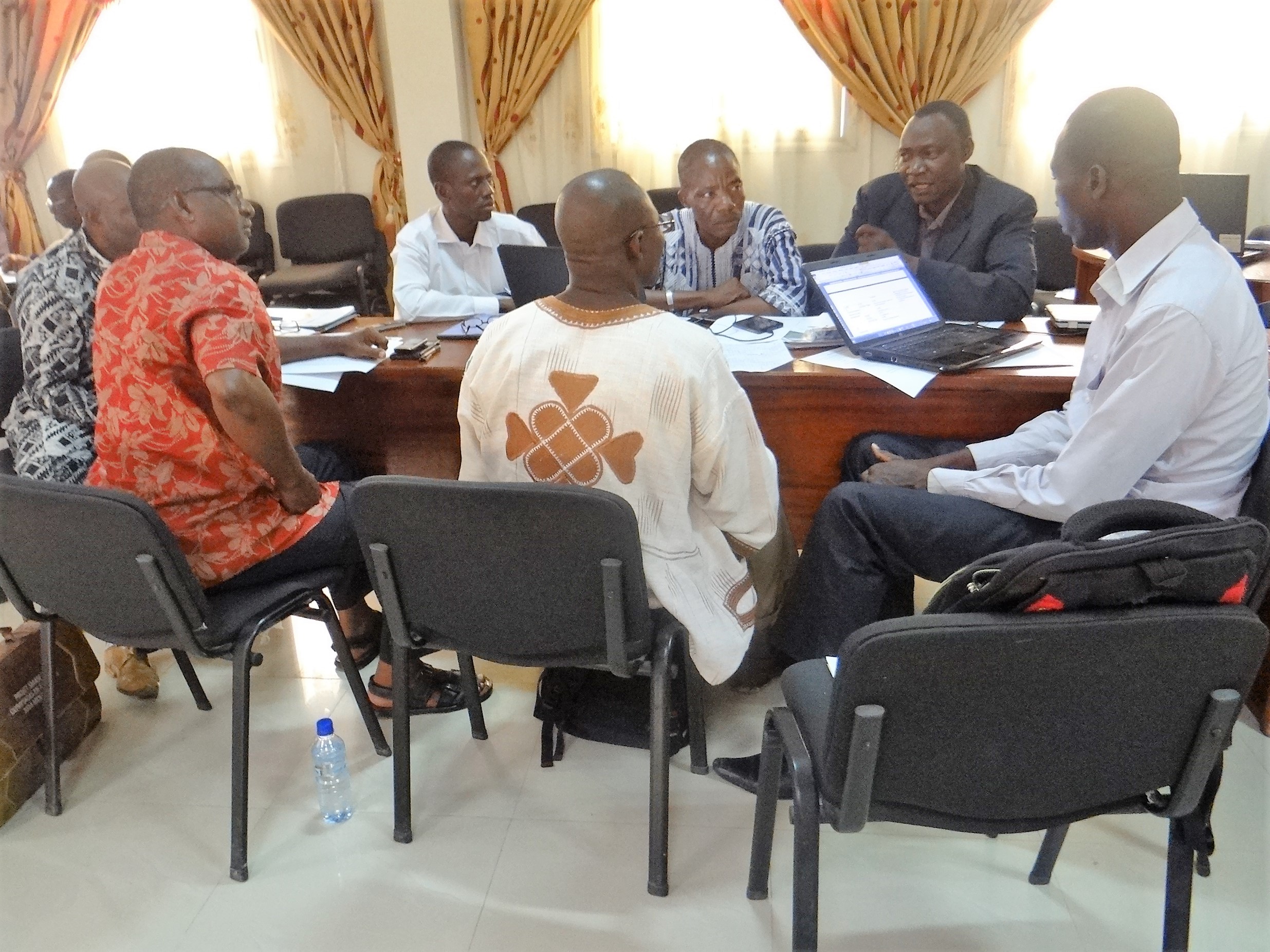
The training was moderated by four resource people from the Ministry of Environment, Green Economy, and Climate Change as well as the Ministry of Education and Literacy. In the evaluation the participants identified the relevance of this training that was taking place as the Ministry of Education and Literacy began rereading the curricula to integrate the emerging themes.
Strong recommendations emerged. These are (i) integrating climate change into curricula and in teacher education programs of vocational schools of the sectors of education, health, environment and agriculture, (ii) developing educational sheets on climate change in connection with inclusive educational approach, (iii) the development of a training guide on climate change, (iv) the formation of permanent trainers of primary school teachers on climate change.

